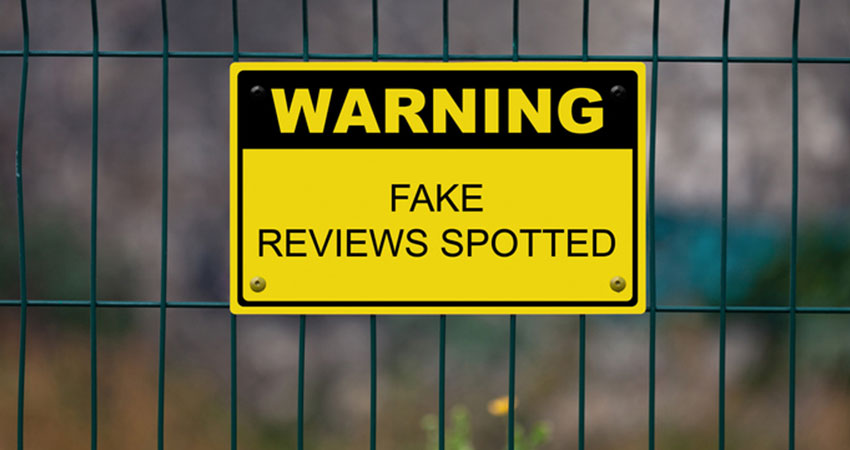The cost of fake reviews is clearly getting higher, with both the feds and Amazon looking to step up their efforts to combat them.
In its latest report on the topic, user-generated content firm Bazaaarvoice found nearly all consumers responding to its survey (97%) lose trust in a brand based on fake reviews, while 81% said they wouldn’t use a brand again after a loss of trust, and 75% said a fake review makes them distrust other products on the same site.
Interestingly, 70% of respondents said the retail industry needs a new set of standards to combat fake reviews. This comes as the Federal Trade Commission earlier this month said it is exploring a potential rule to combat deceptive or unfair review practices such as fake reviews, suppressing negative reviews and paying for positive ones.
“Companies should know by now that fake reviews are illegal, but this scourge persists,” said Samuel Levine, Director of the FTC’s Bureau of Consumer Protection, in a release. “We’re exploring whether a rule that would trigger stiff civil penalties for violators would make the market fairer for consumers and honest businesses.”
Amazon, sick of getting cited as a fake review poster child where brushing is rampant on its marketplace, has been stepping up its enforcement efforts. Last week the company filed lawsuits against brand violators in Italy and Spain.
In the Bazaarvoice report, most consumers said they want standards to dictate that only verified customers can post reviews (59%) and that all products be tried and tested among legitimate consumers before launch (59%). In addition, nearly half (49%) said daily reviews of customer content are needed to weed out fake reviews (49%), and 40% want brands to publish their review process or third-party partner.
Considering that negative reviews are almost always going to be legit — honestly, how many brands would pay to post them? — it’s a place where consumers are putting a lot of trust to help them vet a product’s pros and cons. Over half of respondents to Bazaarvoice’s survey (54%) said they were more important than positive reviews, while the same number said they’re less likely to be fraudulent. That’s a figure you’d expect to be higher.
You can also turn negative reviews to your advantage, Bazaarvoice advised. “When most brands boast only about their positives, authentic honest communication that shares the positives as well as the flaws shows consumers that the brand is different from the others and that it cares for them,” the company stated in the report. “This difference in approach builds trust around the authenticity of the brand, and humanizes the brand more.”
Another reason to be straight up with your product reviews: getting caught can be expensive. In January, online retailer Fashion Nova agreed to pay a $4.2 million fine to the FTC to settle a case in which it was charged with blocking negative reviews on its site, repressing those with less than four stars. The company was also prohibited from making misrepresentations about customer reviews or endorsements, and ordered to post all reviews.
Fashion Nova was a repeat offender, having been dinged for $9.3 million by the FTC in 2020 for lack of customer communication about late shipments.
Bazaarvoice commissioned Savanta to conduct its survey in August, polling 10,606 consumers from Australia, Canada, China, France, Germany, the UK and the U.S.

